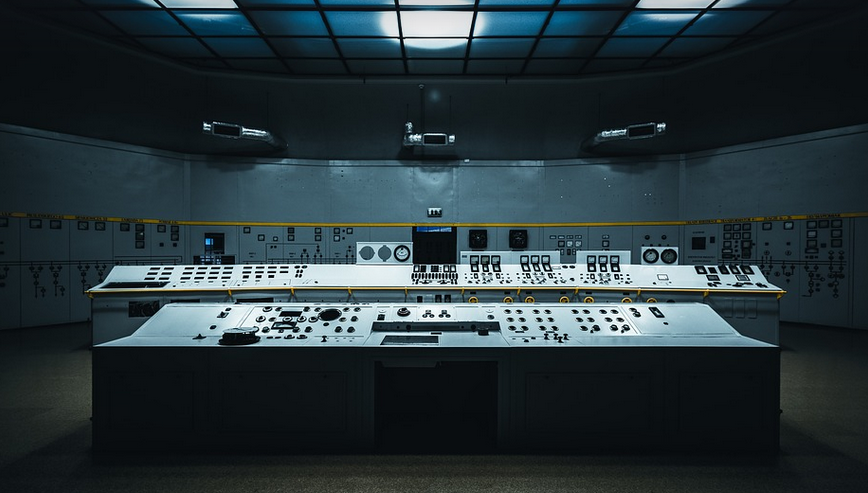
What Are Research Sites, Anyway?
A research site, in the context of a crossword puzzle, is typically a term that refers to places where valuable information and knowledge are gathered. It’s like a treasure map leading you to hidden facts and figures.
Think of it this way: if you’re trying to solve a challenging crossword puzzle, your clues might involve things like historical events, scientific discoveries, famous landmarks, or even obscure cultural references. These clues give you a starting point, a thread to follow in your quest for the answer.
A research site often acts as a springboard to unlock deeper knowledge about a specific subject.
For example, if there’s a clue related to “the place where Galileo first made his famous telescope,” you might start researching online or visiting libraries to learn more about this pivotal discovery.
Research sites are often associated with institutions and organizations dedicated to advancing learning and research. From universities and research labs to government agencies and non-profit organizations, these places serve as vital hubs where knowledge is created and shared.
To give you a better idea of the kinds of clues you might encounter, let’s look at some common examples:
Types of Research Sites:
Here are just a few categories that could lead to answers in a crossword puzzle.
- Educational Institutions: Universities, colleges, technical schools. These institutions foster research and knowledge creation. For example, “Harvard University”.
- Government Agencies: The EPA, NASA, the FDA. They play a role in policymaking, regulation, and scientific investigation. For example, “National Aeronautics & Space Administration (NASA).”
- Non-Profit Organizations: The World Wildlife Fund, Doctors Without Borders. These groups focus on specific causes or issues where research is critical for progress.
Unraveling the Crossword Clue
Let’s delve deeper into how these clues work within a crossword puzzle:
Think of it this way: you might find a clue like, “The place where ancient pyramids were built.” This sounds familiar to anyone who’s studied history or even if you just heard about them in passing.
Now, your research site is your key to understanding what that clue actually means. You need to dig deeper by searching for more specific information on the subject. For instance, a clue like “The place where ancient pyramids were built” could lead you down a rabbit hole where you find out about construction techniques, theories on pyramid builders, or even famous sites such as the Giza pyramids.
It’s all about connecting clues to your knowledge base and expanding it in new directions.
Here’s another example:
“The place where Albert Einstein developed his theory of relativity.” This is a clue that requires you to locate specific research centers related to physics or even delve into the historical details of the scientist’s life.
You might discover interesting facts about him, like the locations where he conducted research or if you were lucky enough to find a direct link to his famous equation.
Research Site Clues: A Guide for Crossword Enthusiasts
A good crossword clue is all about sparking curiosity and leading you down a winding path of discovery. Here are some things to look out for when encountering research sites in your crossword puzzle:
- Location-based clues: These clues can be straightforward, such as “The Library of Congress” or “The Louvre Museum.
- Historical references: Clues that mention well-known historical events, figures, or places are often a good starting point for research.
- Science-related clues: These clues might involve specific scientific concepts, experiments, or key discoveries. For example, “The University of Oxford”
Remember, the most important part is to have fun! Don’t be afraid to explore and delve into different areas of knowledge. Research sites can open up a whole world of possibilities in a crossword puzzle.
Tips for Researching Sites:
Here are some extra tips to help you on your quest:
In the end, understanding how research sites work in a crossword puzzle is all about having fun and exploring new worlds of knowledge. It’s a rewarding experience that combines puzzle solving with learning.


